Behind The Masterpiece: An Exclusive Interview with Professor and Author Glen Retief
Written by Allyson Kling, featuring Dr. Glen Retief
On Wednesday, July 12th, I had the opportunity to speak with cherished college professor and respected author, Glen Retief. Glen, who has been a professor at Susquehanna University for many years, accepted my offer to perform and interview with the intention of gathering insight into the qualities of Susquehanna University that CB West students should take into account, especially if they’re interested in writing, and the major figures within the community.
While I was attending a spectacular writing camp at the University, rich with educational workshops and college-level courses, I attended Glen’s master class, titled Form and Ethics: A Dialogue Central to the Art of Memoir. As I viewed this presentation, I was blown away by Glen’s takes on the crafting of memoirs and creative non-fiction pieces. Glen, who is native to South Africa’s Kruger National Park, constructed a memoir which unfolds his coming of age and eventful experiences that he went through in his home country. Throughout this book, he describes growing up during South Africa’s Apartheid Era, which was a period where black Africans and white Africans were harshly segregated by law. From the perspective of his young self, Glen reflected on the major segregation of black citizens of South Africa in his youth, through stating that “by afternoon, here in the village, black people disappear from my world, back to their compound more than a mile away, on the far side of the tourist camp” and that black people were “not permitted to use our village store, tennis courts, swimming pool, or golf course, so they exist only in the background of my childish world” (Retief 24). Though this excerpt, the reality of African segregation from a child’s perspective is brilliantly told. Additionally, in his memoir, Glen addresses the extreme anti-gay bullying that he endured while attending a South African boarding school from (roughly) the ages of 14-18, where he experienced the jack bank, which allowed his classmates to deposit beatings from older students, based on assumed wrongdoings. By writing his memoir, he has made many readers feel valid in their experiences in the same situations. According to book reviewer Kristin Rawls, Glen’s memoir is “deeply personal, but never maudlin or cloying. Countless memoirs about life in apartheid South Africa were published long before this one. But this is no revised take on the many books already written – it’s something entirely new” (Rawls). After the book was published in 2011, the memoir earned the Lambda Literary Award and earned its title as an Africa Book Club Book of the year.
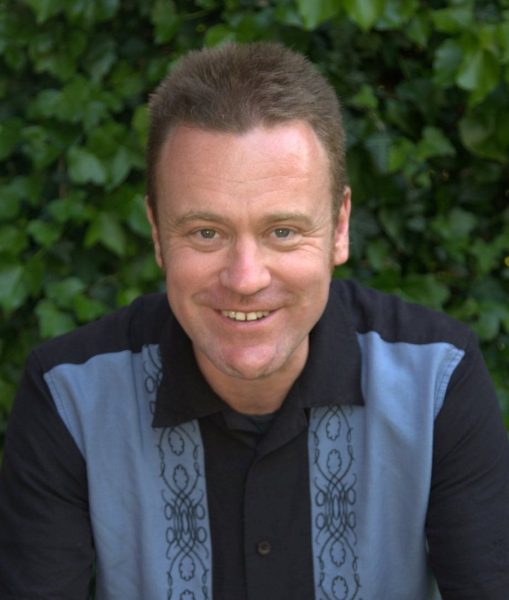
As our camp group browsed through the thousands of books at the Midtown Scholar bookstore in Harrisburg, Pennsylvania, Glen and I sat down for a conversation regarding Susquehanna University and his personal and literary life. In this first part of our in-depth interview, Glen and I discussed what makes Susquehanna University’s writing program so extraordinary.
ME: How long have you been a professor at Susquehanna?
GLEN: Since 2007. The fall of 2007.
ME: Okay, what are your favorite parts of campus?
GLEN: Oh, well I love the library because, you know, I’m a book person, and the library always has a very peaceful atmosphere. Actually, the library is small for a university library, like it’s smaller than a lot of other really big ones, like a research university would be bigger, but its fantastic. The size is misleading. It’s a very, very good library, and the librarians are superb at looking things up and finding books. The library really benefits me in the research I’ve done, all my writing. Another favorite, oh, the Writer’s institute, I work there, but I think it’s such a lovely place. Do you like it?
ME: Yeah. I love it.
GLEN: The building is very… it’s very cozy. Its like a community. It feels like a family, so I like that. Um, what is my other favorite? That’s a good question. I will say that I love the trees on campus. Maybe that’s my other favorite thing. I like going for walks at different times of the year and identifying the trees with apps. And there’s a week or two in which we have cherry blossoms, its like D.C, like an avenue, its right next to Smith? One of the residence halls, you wouldn’t know. Okay. But anyway, its in that area with the residence halls, and there’s this whole avenue of cherry blossoms for three weeks. All of the other campus is beautiful too.
ME: Yeah, that’s awesome. So, what is your department and what classes do you teach?
GLEN: So, I’m the department of English and creative writing, and I’m in the creative writing program. So, we have a department that’s both English and creative writing, it’s a huge department, partly because the department is so gigantic, so many majors, so many professors and everything, we do a lot of our work kind of in the programs. So, people sometimes say, I even said it once this week, that the creative writing department isn’t really a department, it’s really an English and creative writing department.
ME: So, it would count as the humanities?
GLEN: Yep.
ME: What do you think is Susquehanna University’s English department’s best quality or specialty?
GLEN: So, the creative writing program, it is extraordinary. There are 135 majors counted, at a school of just over 2,100. So, it’s just a very big community. And then add on top of that: the publishing and editing folks are in love with literature, and, you know, publishing, and making magazines, books, and that kind of thing. So, it’s a very rich and dynamic environment for literature. I think our strengths are the quality of the writing, the faculty pieces they’ve published, and talented students, we attract very, very talented students. Like, it takes my breath away sometimes. All of the magazines we have, we have at least 7 magazines that the Writer’s Institute kind of oversees, and more on the publishing and editing side. All of the activities on campus: slam poetry, and experiences for our student editors. We have ice cream socials for all the genres. Yeah, it’s a very rich and dynamic-
ME: I’ve heard it’s a very famous program. What do you think… you kind of already answered this, but what do you think Susquehanna’s writing department does differently from other universities?
GLEN: So, not every university has a major. So, at many places you would go and do a minor which is just a few courses, and you would major in something else, usually English, and you do a lot of like, reading courses. But here, there’s a lot of writing courses that you come here to study. But that’s the first thing, that we have those majors. Among universities that offer creative writing majors, one thing that we do that is very unique, I think, is to require a full semester-long introductory course in all of the genres in which we specialize. So, you do a full semester of fiction, a full semester of non-fiction, and a full semester of poetry. Most places have one little introductory course that give you a tiny little taste of all the genres, and then you kind of decided where you want to go from there. We have a different philosophy, and some people don’t come here because of that, to take such a thorough introduction, but we think that if you’re going to choose a genre, its going to affect the rest of your life. So, you must know, basically, what each genre is and have really given it a fair try before you make that decision. You shouldn’t make that decision based off of a very quick little taste, we believe, and I would offer evidence, and you know, if you were from a different creative writing program that did things differently, I’m sure they have a different view, and very good reasons for that view. If you’re gonna ask me, to me the evidence is in our results. I would say maybe a quarter or a third of our students come here absolutely sure that they want to be one kind of writer, and they end up leaving with a completely different plan. They just had no idea they had this talent or that talent. For example, almost nobody comes to Susquehanna to be a non-fiction writer, but many of them discover through writing with us that they are very good at non-fiction and that its easy to publish their non-fiction. They realize this is a very positive career path for them, and they want to carry on pursuing it. And, you know, many of our people go on to have very successful careers. I don’t want to say they wouldn’t have, but we get very good results.
ME: Alright, what is your personal favorite course that you teach?
GLEN: Oh, there’s so many. I love teaching African Literature a lot only because for a long time I had never done it before, and its all of the books that I love so much from Africa, so I love African writers from all over Africa. I really love teaching non-fiction, I actually really love teaching introductory courses, the introduction to creative non-fiction, because its just so new for most of the students. They’d never done this literature before, and I tell them, “Go out!” Like, maybe, if you were new to the course you would work at the Midtown Scholar for a weekend or something like that and set it up and learn about that and write about that. A lot of students have never done anything like that, like an immersion like I did, going to Chaco Canyon and spending a few days there, with the aim ahead of time of writing about it. Students pick things all around, all sorts of things, underground graffiti artists, music concerts, a boxing club. They just try so many different things and its so interesting to read about it. That’s probably one of my favorite things, introducing students to literature.
ME: What should prospective students expect from the humanities department? Like required courses, if you were to be accepted into the writing department, for example. What would be your essential classes?
GLEN: So, at Susquehanna as a creative writing major, you would do the three introductory courses: fiction, non-fiction, and poetry, then you would do two intermediate courses of different genres, and then specialize in an advanced course and then you can repeat that advanced course, and then you can also do independent study as a way to evolve, so you specialize after those first five courses, and then you would take literature courses. You would take literature electives, and elective means you choose your own topic. There’s a list of approved ones, but you’d pick your own literature courses, and then you’d take a course called aesthetics and interpretation, which is kind of a theory course about, you know, how to get meaning from literature and how do we create beautiful literature. There’s a huge range of topics. With the literature courses you take three, one is your choice, and two are forms, which are kind of literature courses that are geared towards writers. These are ones where we read as a writer, so we look at a book, and we look at how it’s put together and constructed. We look at that more than like, meaning, or interpretation. So, it’s a lot of literature courses, but focused on creative writers.
ME: Okay, what kind of school environment does Susquehanna provide?
GLEN: I think, you know, it’s a liberal arts college, so it’s a place where its residential, so almost everybody who studies at Susquehanna is living with each other, so it’s a very rich community. The joke about Susquehanna is that you can never not run into somebody, because its kind of warm and close and friendly like that. So, if you if you haven’t done your homework for a professor, you will probably just cross paths with that professor. You know the quadrangle, nowhere to run, nowhere to hide. It’s a small campus and like of close knit. The plus side of that is that you really have a chance to get to know your professors and you have a wonderful chance to meet other students. It’s a very rich community. A liberal arts college means that you go to a school where the emphasis is studying a lot of things. So, the creative writing major is designed to make it easy to double-major with a lot of other things. I would say that the majority of our students will pick creative writing because they love it, and then they will add something else that they like… maybe they don’t love it as much as writing, because, you know, we all really love writing, but its something else that they would like too, and it leads more directly to a job. Something practical, something for the soul, something for the budget.
ME: What kind of extracurriculars does Susquehanna have for English students that other schools may not have?
GLEN: Well, I think the shear number of magazines, I mean, there are a lot of magazines here. There’s one that specializes in sci-fi, and horror and you know, genre fiction, and there’s one that specializes in non-fiction, one that specializes in travel writing, so there’s all of these magazines and the other difference is that at the universities that have graduate students, often the graduate students edit the magazine, while here at Susquehanna, since it’s an undergraduate college, undergraduates are royalty. As undergraduates, you’re the leaders of everything, so, you know, you may miss out of the chance to work with graduate students which is an advantage of being at those other schools, but you get early experience in leadership, and that’s also very useful.
ME: How does Susquehanna ensure employment or graduate school post-undergrad?
GLEN: We have a very, very high success rate for immediate after-graduation employment. I don’t have the number off hand, but it’s like high nineties. The university really emphasizes internships. A lot of students get internships and most lead to jobs, and there’s a lot of investment in our students, and we put a lot of effort into writing. Recommendation letters, talking to you about the job search, and our career center is excellent. They also organize an event every year which seems people get jobs. And alumni of Susquehanna come in and give talks about what they studied at Susquehanna and then how that led to jobs. And then there’s a lot of networking that happens in that way, like “oh, this one’s great.”
Following this part of the interview, I asked Glen about his professional experience in the English field, along with his personal life.
ME: As a really broad question, I know, tell me a bit about yourself.
GLEN: I grew up in South Africa during the Apartheid Era. I grew up in Kruger National Park, which is a wilderness, my father worked in nature conservation. I wrote about bullying experiences when I was sent off to boarding school, and I would call that a formative experience for me. I went to undergraduate studies at the University of Cape Town, and there I experienced a glorious amount of liberation, where I really came out as gay, and I got involved in the struggle against Apartheid, and those were sort of my formative experiences. Since then, I’ve done all kinds of work, I’ve worked in job training programs for homeless people, I’ve taught in university, and I’ve taught high school, so I love teaching, I love writing, I have a husband, I enjoy hiking, I enjoy friendship, and my community. And I love reading and writing, of course.
ME: What would you say is your teaching style?
GLEN: I would say it’s very conversational. I really like to open up a conversation, and then I like to exchange ideas. I like to really listen to students, so I would say its very verbal, but I love ideas, and I love asking students questions. I frequently pose a question through a story, like today I gave a completely horrible rendition of The Little Red Riding Hood and then I asked my students, “what’s wrong with this version of The Little Red Riding Hood?” Kind of enacting that thought.
ME: Have you done much in the English field other than teaching?
GLEN: Yeah, I pioneered a creative writing track at the University of Pretoria in South Africa. I’m busy trying to publish an article about how creative writing can bring inspiration to disadvantaged or underprivileged students. I did research into that, and did a research article, and then I’ve written a few critical interpretation papers, not many, I think there’s just three that I’ve published, like literature research. Interpretations of novels but in scholarly journals. And then I do quite a lot of book reviewing, and I’m regularly writing reviews, once every month or two.
ME: In regards to your experiences in South Africa, how do you apply your past experiences to your current life today?
GLEN: Well I think its shaped my value system. From early on, I’ve seen the injustice of racism and the injustice of homophobia, and not everybody gets to experience that first hand, but, you know, the same system denied black people human rights also imprisoned you for being gay. So, it was the same government, it was the same system, but to me that link was very natural. So that intersectionality is something that remains important to me. I sometimes do some political work, like activism, I’ll go to demonstrations or I’ll go to D.C. to advocate against climate change. Most of my political values I express through writing, nowadays, and there the intersectionality is very important to me.
ME: Lastly, this is kind of a totally off-topic question, but I noticed that you were involved in a James Michener fellowship, and James Michener is actually from my hometown, where CB West is, our high school.
GLEN: Oh really?
ME: So, I was wondering what that was.
GLEN: That was a scholarship for graduate students attending the University of Miami. It was for a masters in fine art or creative writing. James Michener, I think spent time in Miami, because he wrote a book called “Miami,” didn’t he?
ME: I don’t know. (Editing note: Yes, he did, the book is called Recessional)
GLEN: He really liked the writing program at the University of Miami, so he gave them a lot of money, to offer scholarships to young writers who were studying there, and I got one of those scholarships. I loved reading James Michener when I was a teenager, so it was very nice for me to get a James Michener, I have double good associations with James Michener, it makes me happy that you’re from his town.
ME: Alright, that’s pretty much it!
Overall, Glen Retief is a internationally recognized author and a gem of a human being. Awardee of multiple literary awards and publisher of a variety literary journals, Glen has expressed his inclusive and advocative personality through his writing for many years. Honestly, I was truly honored to collaborate and learn from him during the summertime. If you’re interested, please check out https://glenretief.com and navigate over to the “MY BOOKS” panel to purchase his delightful work, The Jack Bank.
Thank you for your contributions: Prof. Glen Retief, Prof. Hasanthika Sirisena, Prof. Monica Prince, Calli Lambard, Noel Munguia-Moreno, and Creative Writing department of Susquehanna University.
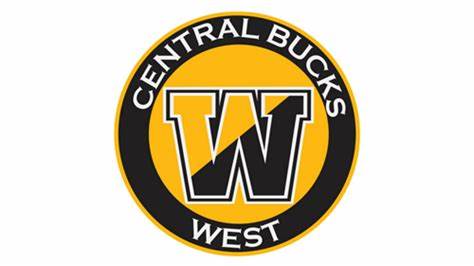
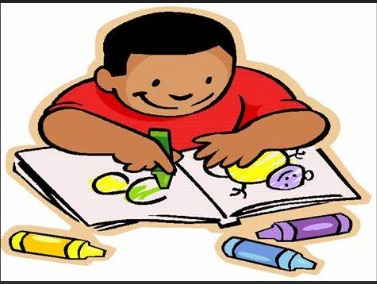
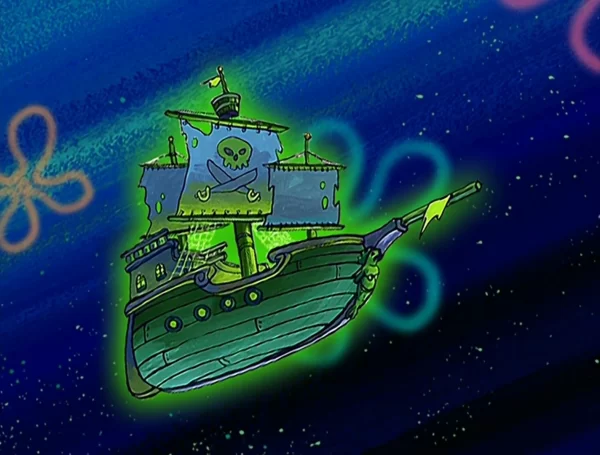

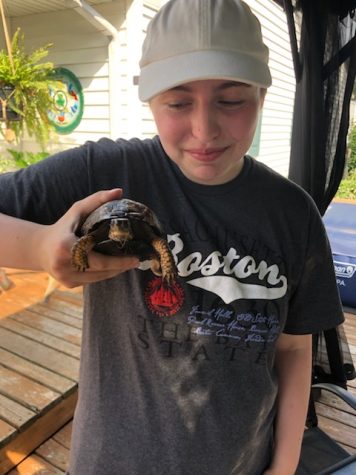
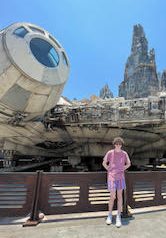
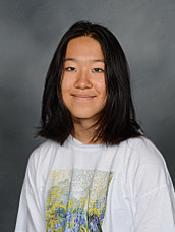
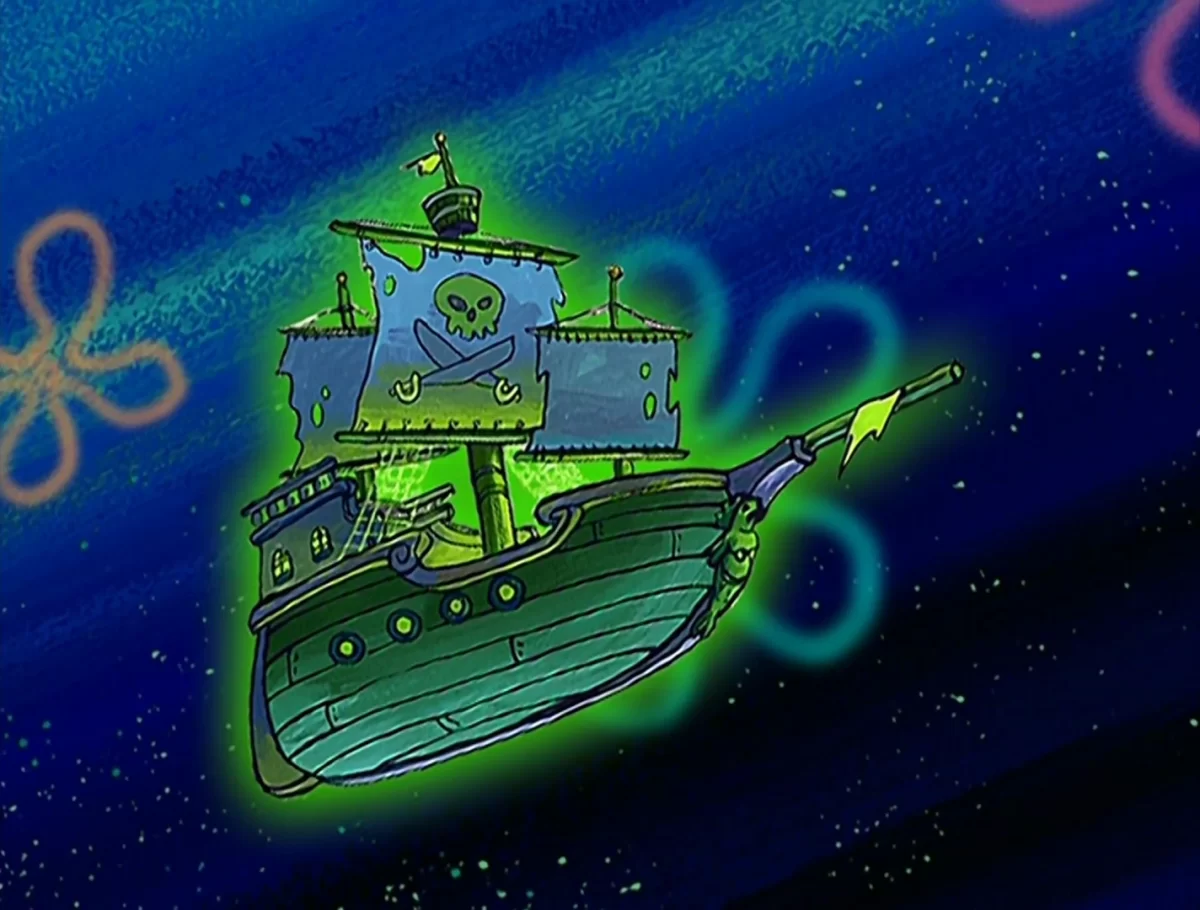
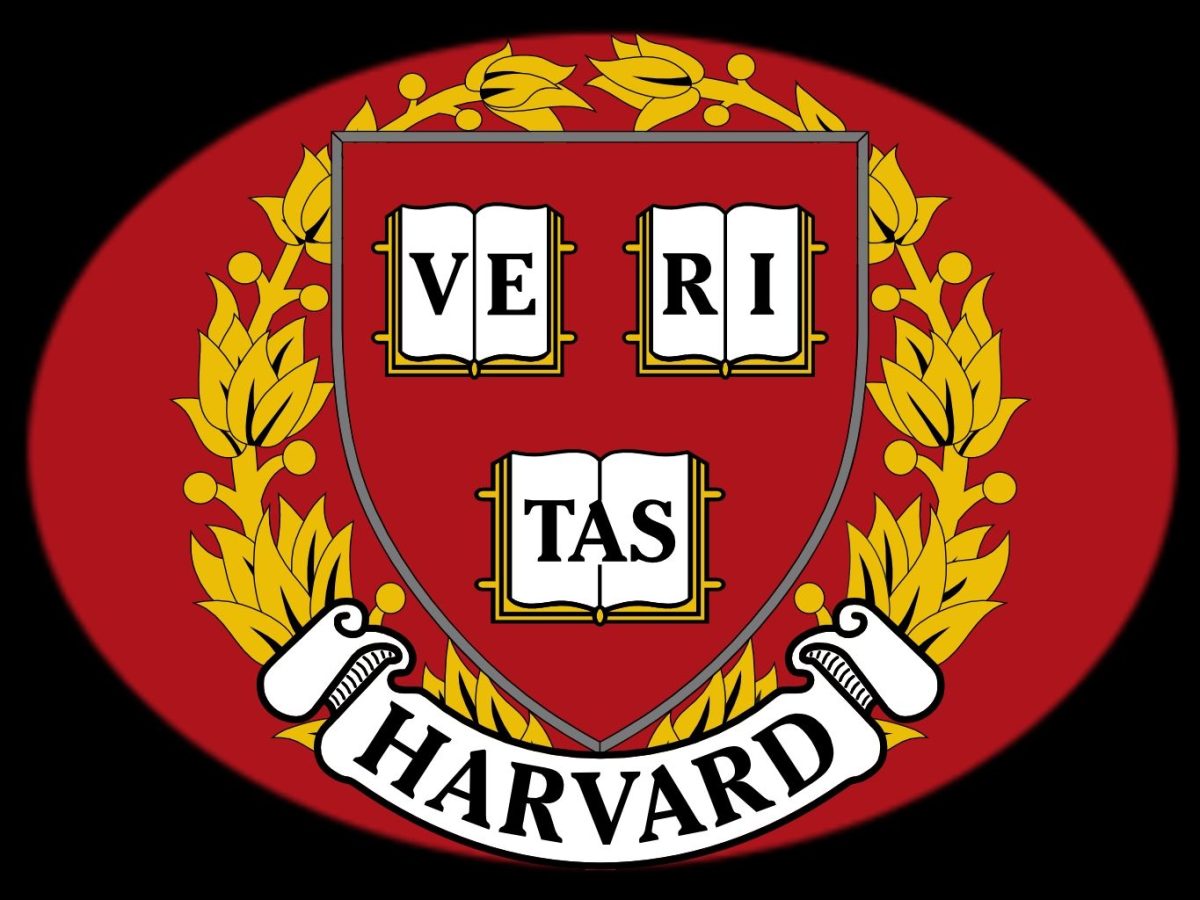


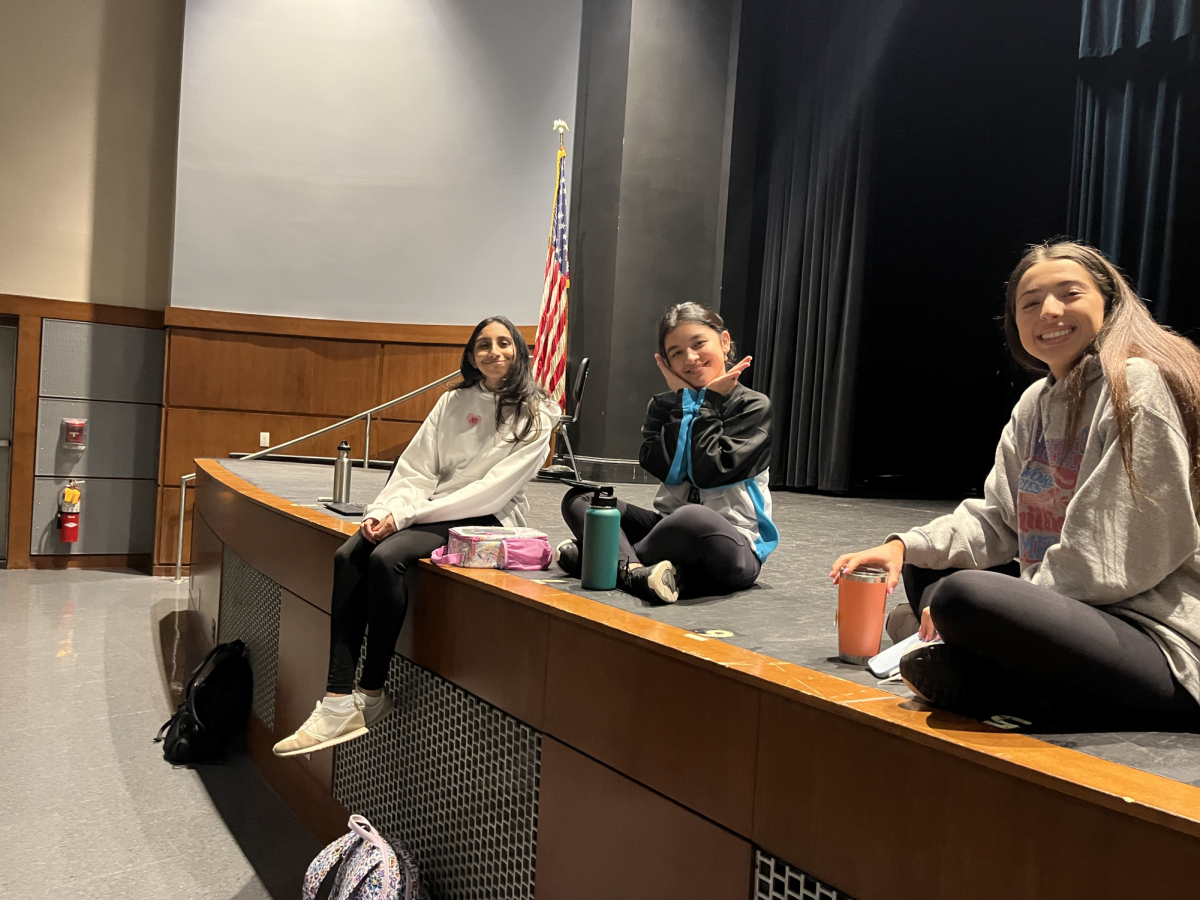
Roaming Ric • Oct 17, 2023 at 9:50 pm
Great job Ally! I enjoyed reading Interview with Professor Retief. I liked the way you learned about him and were able to share his story or at least a part of it. Keep up the good work!!